The Kindergarten to Grade 12 mathematics curriculum in the French Immersion Program is designed to meet learners’ interests, skills, and needs so they can realize that mathematics is a way of building their understanding of the world and that it is part of their everyday lives.
The learning outcomes of this program of study are divided into four areas:
These areas reflect the nature of mathematics from Kindergarten to Grade 12.
The study of mathematics promotes the development of global competencies and supports learners’ cultivation of enduring understandings. It also fosters the development of logical thinking, problem-solving, and data analysis skills.
Learning experiences and evaluation in the mathematics classroom are based on a problem-based learning approach that allows learners to make connections between their conceptual understanding and various mathematical processes. Integrating these processes into learning helps learners to understand the nature of mathematics, and to make sense of it so they can learn and use mathematics in and out of school throughout their lives.
Learning in mathematics takes into account the role of the French Immersion Program, its vision, its foundations (language, culture, and identity), as well as the principles of learning and assessment. Learners in mathematics are exposed to both mathematical models and cultural and language models.
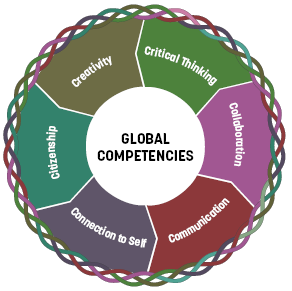
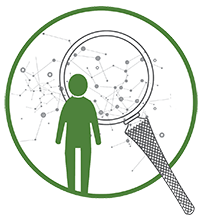
Critical thinking in mathematics involves the ability to compare, evaluate, critique, justify, test, and validate ideas, representations, plans, or solutions using logical arguments, criteria, and evidence. It requires metacognition in learners, enabling them to solve mathematical problems and situations, communicate their reasoning effectively, and make ethical decisions.
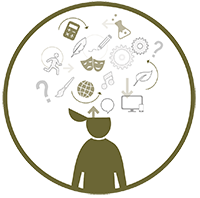
Creativity in mathematics involves flexible thinking, curiosity, and risk taking, as well as making connections to prior knowledge among learners; this allows learners to come up with innovative solutions to a variety of mathematical problems and situations by considering them from a new angle or by formulating new hypotheses.
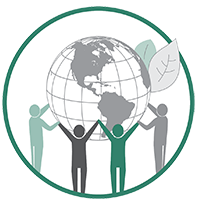
Citizenship in mathematics involves the development of mathematical literacy that enables the application of mathematical ideas and concepts in a variety of everyday contexts, awakening learners' curiosity about their role as citizens who can actively contribute to society, think critically about the world, make informed decisions, and generate solutions to an issue from a variety of perspectives.
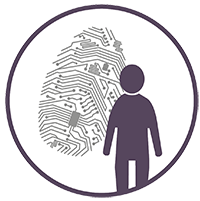
Connection to self in mathematics involves the learner’s belief in their ability to approach and complete tasks, solve mathematical problems and situations, and persevere in the face of mathematical challenges. It also involves the learner’s ability to engage positively in reflective practices about their learning in order to set goals for self-improvement.
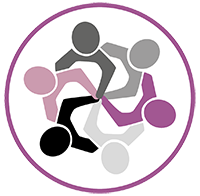
Collaboration in mathematics involves adhering to a culture of exchanging ideas and viewpoints in order to improve, both collectively and individually, and to learn from and with others to develop and apply new ideas in mathematics.
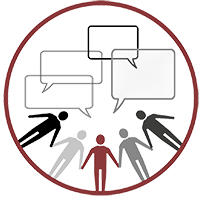
Communication in mathematics involves the learners’ ability to share their mathematical ideas, reasoning, and solutions in a variety of ways, including orally, in writing, concretely, graphically, and symbolically, and in various contexts. It enables learners to clarify and validate their ideas and reasoning, and to challenge their attitudes and beliefs about mathematics.
Mathematics, a tool for growth
Developing knowledge and skills in mathematics allows for the understanding of processes, theorems, concepts, situations, and their applications. Building mathematical knowledge allows learners to identify as citizens who believe in their ability to complete a task, a lesson, or a challenge successfully—motivating them to take action and persevere throughout their lifetime to achieve their goals.
Mathematics, a tool for seeing things differently
Mathematics is a part of the living world. It develops one’s capacity to think fluidly and creatively, and to understand, interpret, and logically represent various phenomena that can be imperceptible or abstract, to put these phenomena in perspective regarding one another, and to analyze them from a different point of view.
Mathematics, a vital tool for understanding the world
Mathematics contributes to the analysis, the comprehension, the interpretation, and the description of the world in which we live. It allows one to study quantities, orders, spaces, numbers, and figures, and the links that exist among them.
Mathematics, an essential interdisciplinary tool for advancing society
Mathematics plays an important role in people’s quest for innovation and solutions for the various problems encountered in advancing society. It is used in other disciplines to understand, describe, and interpret the phenomena that surround us, and it allows researchers to improve quality of life through innovation and the development of new technology.
Mathematics, an essential tool for all aspects of daily life
Mathematics is everywhere in society. Mathematical knowledge and skills are necessary for critically analyzing information in diverse social, personal, economic, political, cultural, and environmental contexts in order to make informed, ethical, and sustainable decisions in all aspects of daily life.